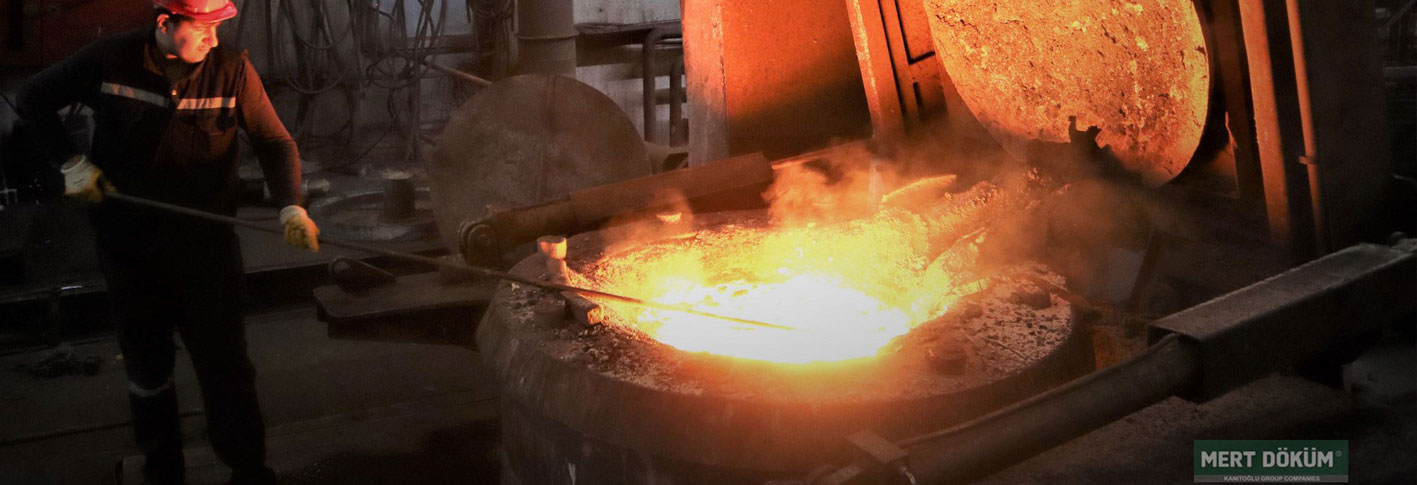
News & Articles
Transforming Technology Decarbonising Steel Industry
Decarbonizing steel production is a critical aspect of global efforts to reduce greenhouse gas emissions and combat climate change. Steel is an essential material used in many industries, including construction, automotive, and transportation. However, the traditional steelmaking process, which involves the use of coal and other fossil fuels, is a significant source of carbon dioxide emissions.
Advances in technology have made it possible to decarbonize steel production through the use of alternative processes. One such process is known as direct reduced iron (DRI) or sponge iron production, which uses natural gas to reduce iron ore into pure iron. The resulting iron can then be used to produce steel using electric arc furnaces, which are powered by renewable energy sources like wind and solar.
Another technology for decarbonizing steel production is hydrogen-based steelmaking. This involves using hydrogen gas instead of coal or natural gas to reduce iron ore into pure iron. The process produces water as a byproduct instead of carbon dioxide, making it a more sustainable and environmentally friendly option.
In addition to these alternative processes, the use of carbon capture, utilization, and storage (CCUS) technologies can also help reduce emissions from traditional steelmaking processes. CCUS involves capturing carbon dioxide emissions from industrial processes and storing them underground or using them for other industrial purposes.
The decarbonization of steel production is not only essential for reducing emissions but also for creating a more sustainable and resilient industry. Companies that invest in these technologies can reduce their carbon footprint, increase their competitiveness, and create new opportunities for growth and innovation.
However, the transition to decarbonized steel production will require significant investments in research, development, and infrastructure. Governments, industry leaders, and other stakeholders will need to work together to overcome the technological, financial, and regulatory challenges of decarbonizing steel production. But the potential benefits of decarbonized steel production are significant and offer a promising path towards a more sustainable future.